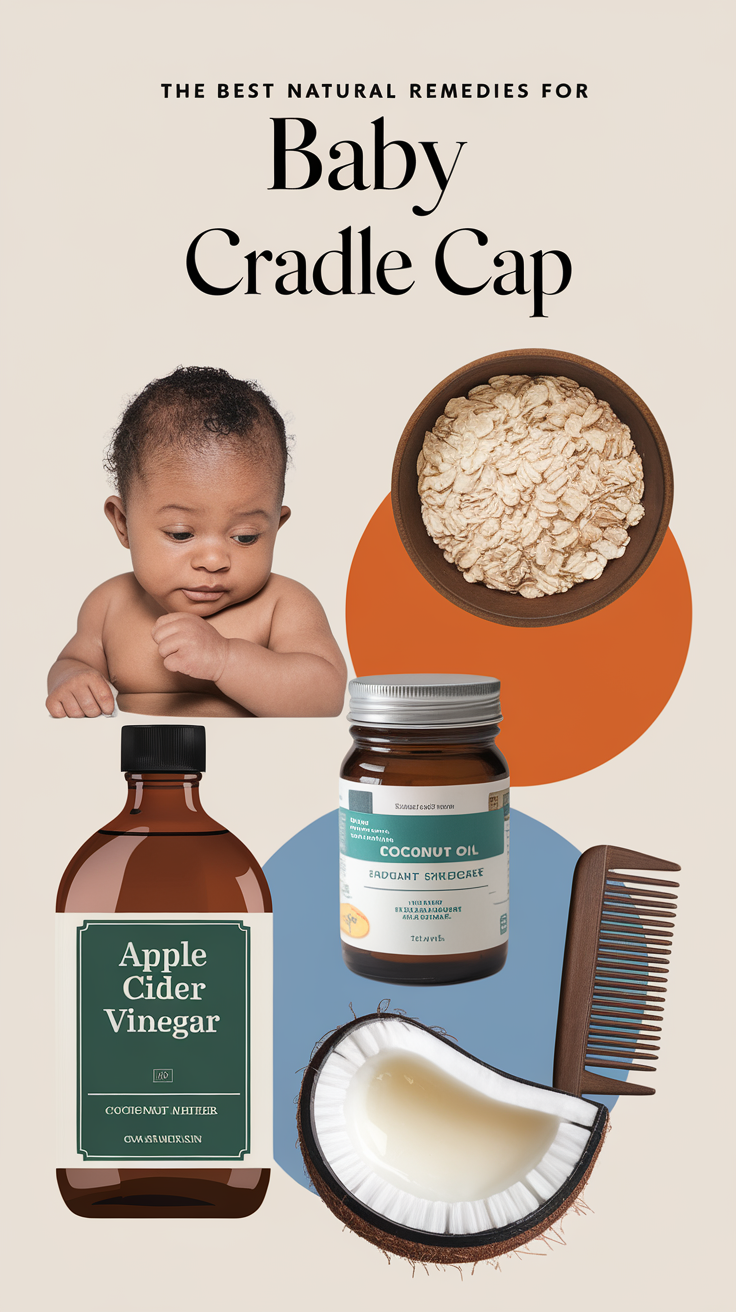Is Your Baby Teething. Try These Gentle Remedies Tonight
If your baby’s drooling, has swollen gums, or is more irritable than usual, they might be teething. Try gently massaging their gums or offering a chilled teething ring for relief. Chilling pureed fruits can also help soothe discomfort. Remember, safety is key with teething aids. Monitor for severe signs like high fever or persistent fussiness, as those may require medical attention. Discover more about managing teething and ensuring your baby’s comfort in the next sections.
Recognizing the Signs of Teething
You might notice increased drooling, red and swollen gums, and your little one chewing on objects to ease discomfort. Behavioral changes like irritability, fussiness, and disrupted sleep can also signal teething. Often, a single flushed cheek may indicate which tooth is coming through. As a reminder, most babies get their first tooth between 4 and 7 months, so be prepared for this important milestone. During this time, you may also observe increased nursing as they seek comfort. While mild symptoms are normal, don’t mistake high fever or prolonged crying as signs of teething; these require further evaluation. Recognizing these signs helps you choose appropriate teething baby remedies, ensuring comfort for your baby during this challenging phase. Stay observant and responsive to their needs!
Understanding the Teething Timeline
Understanding the teething timeline is crucial for you as a parent, as it helps you anticipate when your baby might experience discomfort.
Typically, teething starts at around six months, but it’s important to recognize that some infants may begin as early as three months. In fact, baby girls generally start teething before baby boys, which is another aspect to consider as you track your child’s development.
Being aware of the milestones and associated symptoms will enable you to provide the right support for your child during this challenging phase.
Teething Milestones Explained
Teething represents a significant milestone in your baby’s development, typically beginning around six months of age. The process often starts with the lower central incisors, followed by the upper central incisors. While most babies have their first teeth by twelve months, some mightn’t begin until after their first birthday. It’s important to remember that teething can occur with minimal discomfort for some; however, increased drooling can start as early as two months before the first tooth appears. Active teething can last from six months to three years, with new teeth erupting regularly. If your baby hasn’t started teething by eighteen months, consulting a pediatrician is advisable for further guidance and support.
Overview of Symptoms
As your baby approaches the teething phase, you may notice various symptoms signaling that those little teeth are about to break through.
Increased irritability and fussiness are common as discomfort rises.
You’ll likely see drooling, swollen gums, and changes in eating habits, as gum sensitivity can affect their interest in solid foods.
Frequent crying spells are also typical, and you might observe other signs like flushed cheeks and ear rubbing. Stage 2, which includes symptoms can start 3-5 days before a tooth emerges and might last for several days after.
Common Myths About Teething
When it comes to teething, there are many misconceptions that can cause confusion and concern for parents. You might believe that teething leads to high fevers or diarrhea, but it’s important to understand the facts behind these myths. Fever often attributed to teething is a common misconception as studies indicate that a true fever is usually a sign of other underlying issues. Clearing up these misunderstandings can help you better manage your baby’s teething experience and recognize when medical attention is necessary.
Teething and Fever Misconception
Is it true that teething causes fevers? The answer is no.
While some parents notice a slight increase in their baby’s temperature during teething, any fever above 100.4°F (38°C) isn’t caused by teething and should raise concern.
Teething’s common symptoms include drooling and irritability, but high fevers often indicate an underlying illness.
It’s crucial to monitor your child’s temperature and seek medical advice if a fever occurs.
Don’t let the misconception that all babies experience fever during teething delay addressing potential health issues.
Staying informed about teething can help you better support your child’s needs during this developmental phase.
Diarrhea Myths Explained
Many parents associate teething with a range of symptoms, including diarrhea, but research doesn’t support this belief.
The American Academy of Pediatrics confirms that teething doesn’t cause diarrhea.
Here are some key points to consider:
- No Direct Link: Diarrhea isn’t directly caused by teething.
- Observational Bias: Parents often link teething and diarrhea due to coincidental timing.
- Common Symptoms: Expect drooling and fussiness, but not diarrhea.
- Alternative Causes: Diarrhea may result from diet changes or infections.
If your baby experiences persistent diarrhea, consult a healthcare professional to ensure proper guidance and hydration.
Teething Pain Severity Myths
How do you know if your baby’s teething pain is more significant than it actually is?
Many parents believe teething causes extreme and prolonged pain, but that’s just a myth.
Discomfort is usually mild and temporary, often lasting only days.
If your baby seems fussy, it might be due to gum pressure or irritability rather than severe pain.
While teething can affect appetite briefly, many babies continue their usual feeding routines.
Keep an eye on symptoms; persistent issues warrant a pediatrician’s advice.
Trust your instincts.
Understanding these myths can help you respond appropriately to your baby’s needs during this phase.
Gentle Remedies for Teething Relief
While teething can be a challenging time for both babies and parents, various gentle remedies can provide relief from the discomfort.
Here are some effective methods you might try:
- Massage Techniques: Gently rub your baby’s gums with a clean finger.
- Cold Teething Rings: Chill teething rings in the refrigerator, not the freezer.
- Chilled Foods: Offer chilled pureed fruits or vegetables to numb the gums.
- Cold Spoons: Use a cool metal spoon to soothe your baby’s gums.
These remedies can help alleviate discomfort and make the teething process a bit more bearable for both of you.
Safety Tips for Teething Aids
Teething aids can offer necessary comfort during this challenging phase, but it’s vital to prioritize safety when selecting and using these products.
Choose solid teethers free of liquid fillings to prevent choking and ingestion risks.
Non-toxic materials are crucial for durability and safety.
Always supervise your baby during use and keep teething rings cool, not frozen, to protect their gums.
Avoid teething necklaces and unverified remedies, which pose significant hazards.
Finally, consult a healthcare professional with any concerns and ensure all products meet safety standards. Natural Remedies for Coughs can also provide additional comfort if your baby experiences any discomfort during the teething phase.
Your baby’s well-being is paramount—taking these precautions helps ensure safe teething relief.
Monitoring Your Baby During Teething
As your baby goes through the teething process, it’s essential to watch for various signs that indicate their discomfort or changes in behavior.
Monitoring can help you better support your little one.
Here are key signs to keep an eye on:
- Irritability: Increased fussiness and crying can signal discomfort.
- Drooling: Excessive drooling is common during teething.
- Gum Swelling: Look for red, swollen areas on the gums.
- Sleep Changes: Disturbances in normal sleep patterns may occur.
Being attentive to these signs can help you provide comfort and reassurance during this challenging time for both you and your baby.
When to Seek Medical Advice
What should you do if your baby shows signs of distress beyond typical teething discomfort?
If your baby has a fever above 100.4°F (under 3 months) or above 102°F (over 3 months), seek medical advice.
Diarrhea, vomiting, rashes, coughing, or excessive fussiness lasting more than usual teething complaints warrant evaluation.
Watch for unusual behavior, like lethargy or refusal to eat, as these may indicate a more serious issue.
Facial swelling or bleeding gums are also concerning.
If symptoms persist beyond 24 hours or seem to worsen, consult a healthcare provider to ensure your baby’s health and well-being. Hand, Foot, and Mouth Disease can also present similar symptoms and should be evaluated if suspected in young children.








